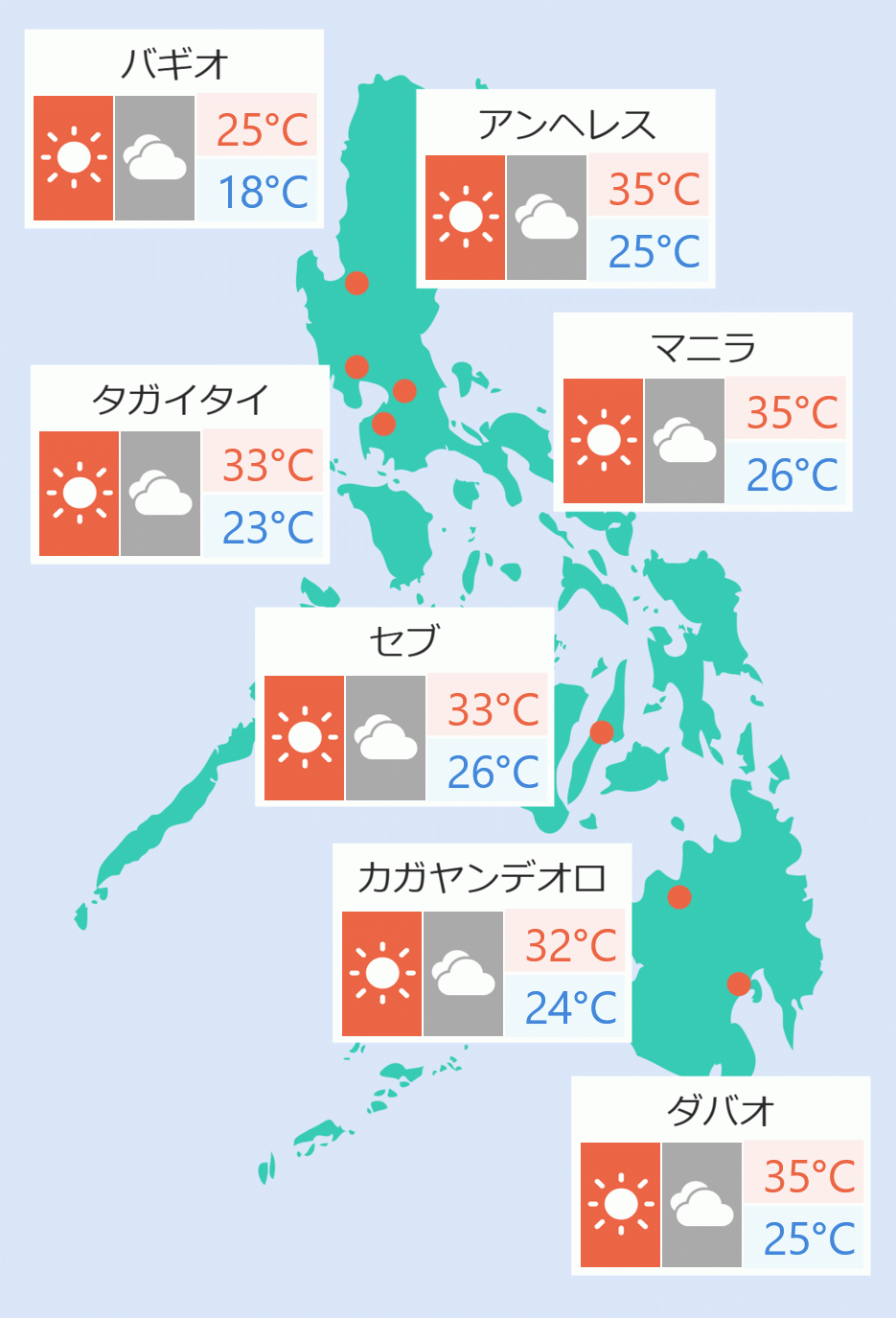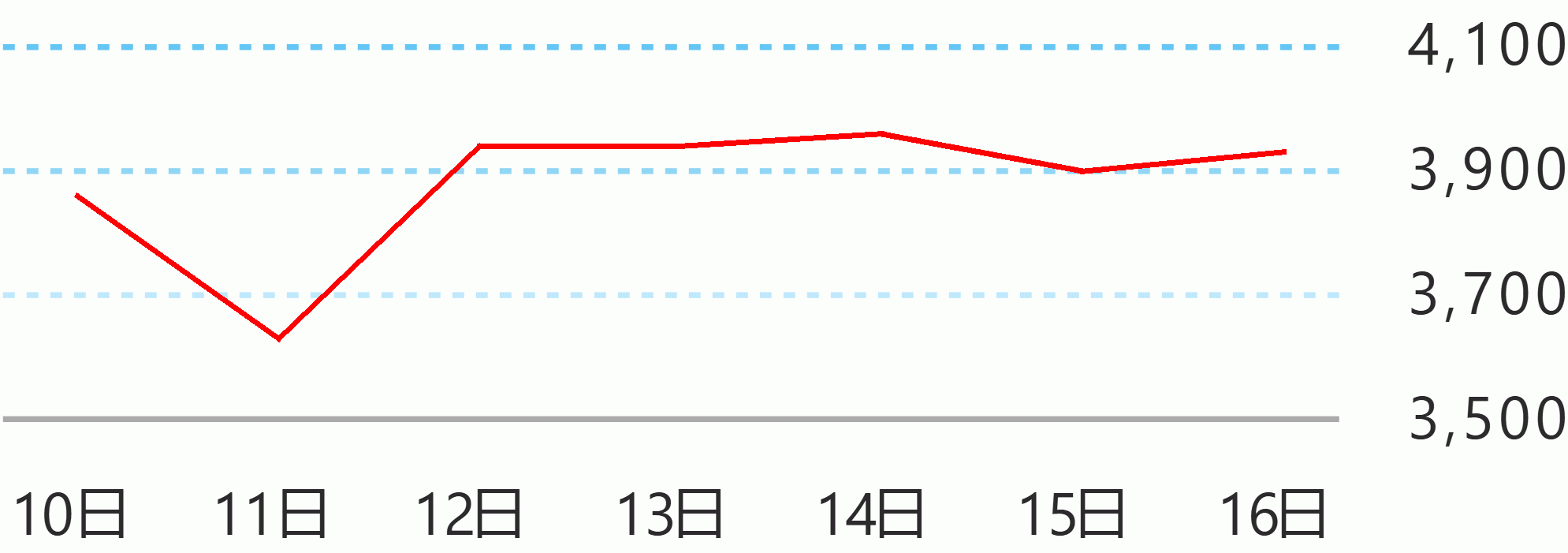Health experts reminded the public that mishandling of medical waste can cause health risks as the number of healthcare waste collected increased to "1000 metric tonups per day."
"We know that the medical wastes have hazards, we can get sick especially the infectious disease and if the handling of sharp objects are not safe. So we have guidelines, please stick to the guidelines, let's not do shortcuts. It costs a little bit more but it is for the safety of everyone," Edsel Salvaña, a member of DOH Technical Advisory Group, said during the ''Laging Handa'' virtual public briefing on Thursday.
Salvaña also stressed the importance of coordination between the government institutions for the proper management of medical waste.
"We really have to follow the guidelines and for different government institutions to coordinate to manage the waste disposal. Our masks, gloves, and used syringes are really a big problem. But we have guidelines on the proper disposal, so we just have to follow this and enforce the guidelines," he said.
The improper management of medical waste was highlighted after at least eight kids from Catanduanes were reportedly tested positive for COVID-19 after playing near the area where a diagnostic laboratory dumped its waste.
In the same program, Environment and Natural Resources Undersecretary Jonas Leones said the agency is filing a case against a laboratory that dumped its medical waste at the seashore of Catanduanes.
He said aside from closure of business the violators will be blacklisted from getting their permit while those with permits will be canceled with fines of a minimum of P50,000 per violation and criminal charges and possible detention of the executive director or owner.
Leones said when the COVID-19 related waste like face masks increased, the number of healthcare waste collected reached 1000 metric tons per day.
"Our trucks are six tonner. We have 166 trucks that come out to collect waste everyday. We intensified the coordination with the local government, especially the barangay to ensure the stricter implementation of the Solid Waste Management Act, segregation and collection," he said.
"It is the barangay that collects it and then it will be placed in the transfer station and temporary transfer station where the municipality collect the health waste to bring to the treatment facility where it will be process before it will be transferred to the final disposal site either in the landfill or in the treatment facility where they also have storage facility, that is what we do to address this problem," he said. Robina Asido/DMS




 English
English











